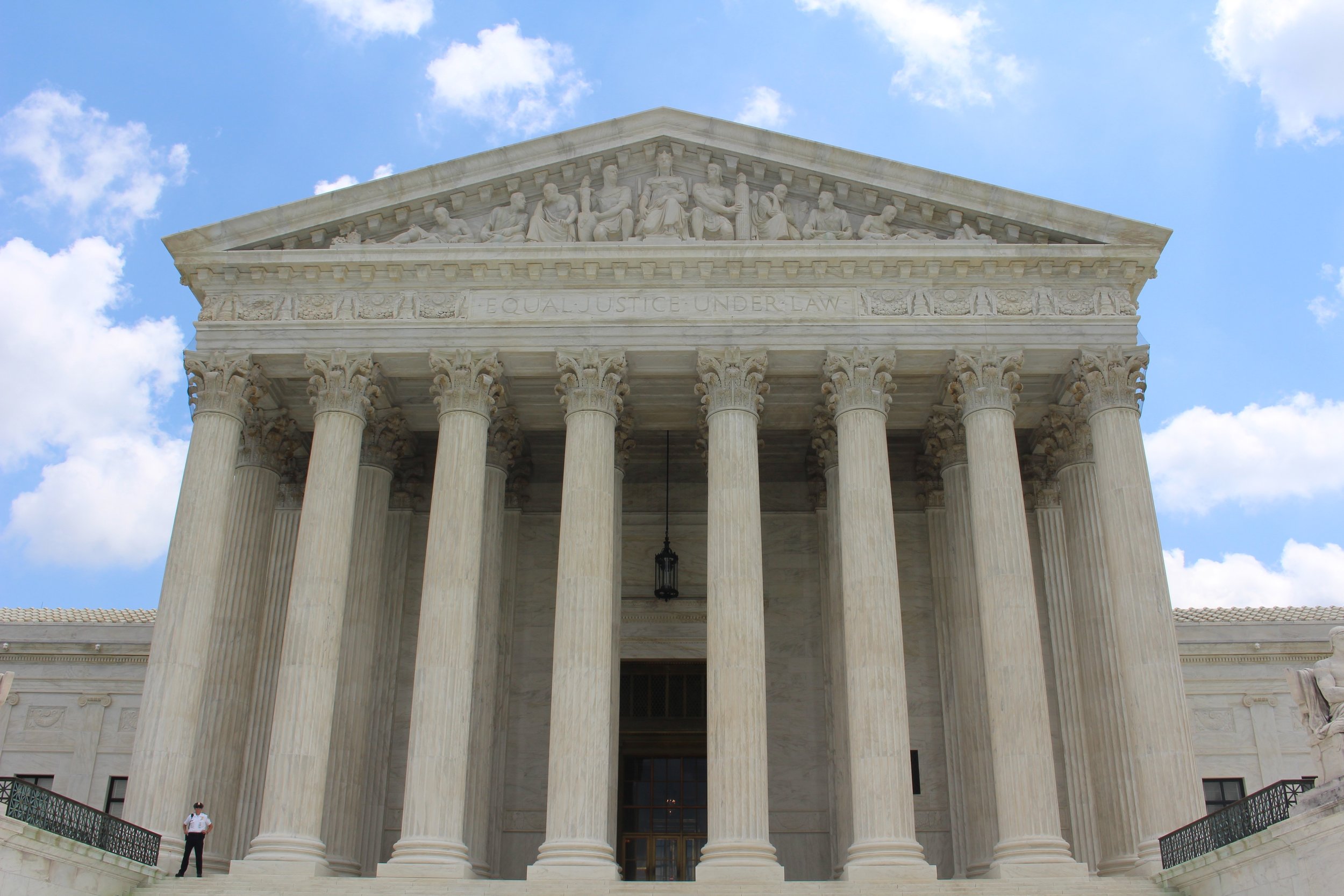Equifax Data Breach
Follow On:
The 2017 Equifax data breach may be the largest cyberattack to date. In total, more than 143 million consumers may be at risk for identity theft, tax fraud, employment fraud, and other crimes. Learn what the breach means to you and what you can do.
If you are wondering "should I freeze my credit?", give careful thought to the pros and cons of a credit freeze. Make sure you understand the hidden consequences of freezing your credit before making this decision.
Consumers shouldn't worry about the most recent SEC security breach, as the information hackers got did not include private personal data. The hack does, however, point out a risk to investors and a special risk future government agency breaches could pose to consumers.
In the wake of the Equifax Data Breach, consumers are justifiably fearful of their financial security and how the stolen information could be used against them. This fear, however, is creating an opportunity for scammers to extract even more information from consumers, or to make new victims by stealing information from people who are not part of the original security breach.
Equifax's offer to provide one-year of free credit monitoring service comes with an arbitration clause which waives your legal right to sue Equifax. Here is how to opt-out of the arbitration clause and preserve your rights to sue Equifax or join a class-action lawsuit.
The Equifax response to the 2017 cyberattack is a good start but falls far short of what is needed for the company to live up to their responsibilities. Equifax's current offer to victims does not address the magnitude of the damage which was caused by the breach, and the true cost of Equifax's mistakes will be borne by consumers.
The Equifax data breach may be the largest cyberattack to date. Learn who was impacted, what was stolen, and if you should be concerned. (Spoiler: You should be concerned)








The most recent Equifax data breach has left the door wide open on personal security. Getting your credit report is just the first step in protecting your identity. To fully protect your identity, you'll need to go beyond the three big credit bureaus to protect yourself against banking fraud, tax fraud, Social Security fraud, and other criminal activities.